How walking from John o’ Groats to Land’s End became a philosophical experience
When Gary Hayden and his wife Wendy strode out on the arduous ‘End to End’, they sought consolation in philosophical truths
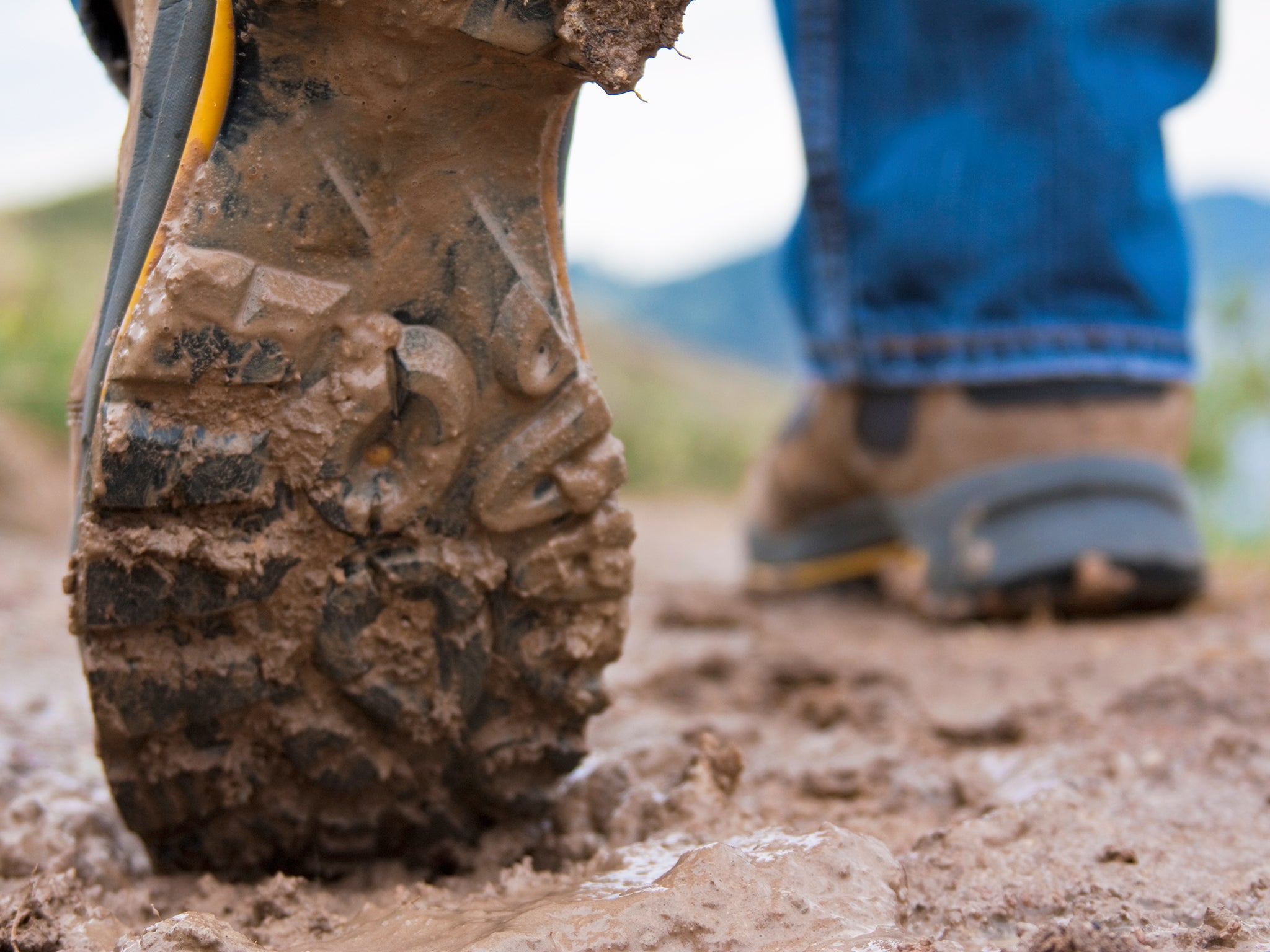
Your support helps us to tell the story
From reproductive rights to climate change to Big Tech, The Independent is on the ground when the story is developing. Whether it's investigating the financials of Elon Musk's pro-Trump PAC or producing our latest documentary, 'The A Word', which shines a light on the American women fighting for reproductive rights, we know how important it is to parse out the facts from the messaging.
At such a critical moment in US history, we need reporters on the ground. Your donation allows us to keep sending journalists to speak to both sides of the story.
The Independent is trusted by Americans across the entire political spectrum. And unlike many other quality news outlets, we choose not to lock Americans out of our reporting and analysis with paywalls. We believe quality journalism should be available to everyone, paid for by those who can afford it.
Your support makes all the difference.I had known beforehand that the End to End would be no picnic, that there would be times when weary muscles, sore feet, and sheer bloody tedium would test our mettle and resolve. But I hadn’t anticipated neither how quickly nor how severely we would be tested. When I looked ahead, in my mind’s eye, at the trials and tribulations we would face, they had all seemed rather romantic. I had pictured myself battling through them with a stern and manly look on my face. But I learned very quickly that there is nothing romantic about an aching back and sore feet.
During the afternoon of that third gruelling day, as I dragged myself along the dreary ribbon of tarmac that is the A9, I kept up my flagging spirits by ruminating on some wise words from the pen of English philosopher Bertrand Russell: “The secret of happiness is to face the fact that the world is horrible, horrible, horrible.”
At first glance, those words appear facetious: a paradoxical bon mot intended for amusement rather than education. But the more you think about them, the more you realise that they are as true as they are witty, and as wise as they are true. Take JoGLE [John o’Groats to Land’s End], for example. If you set off expecting three months of jolly jaunts through the British countryside, then you’re going to be sorely disappointed. You’ll quickly discover that it’s not all lighthouses and puffins and sea-breezes.
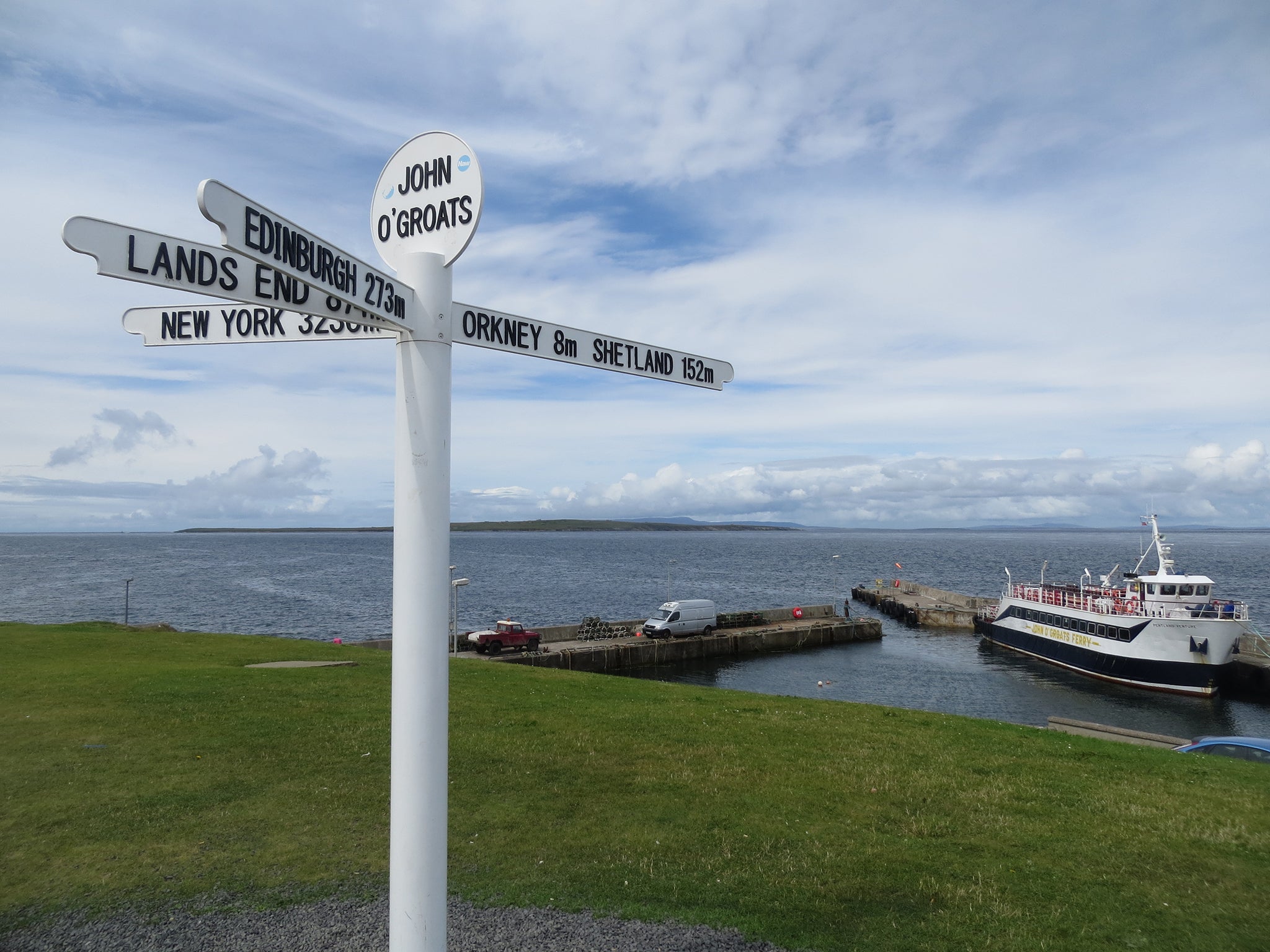
On the contrary, if you’re going to walk all the way from John o’Groats to Land’s End, then, as sure as eggs is eggs, you’ll have to endure sore feet, aching limbs, inclement weather, fatigue, accidents, disappointments, and boredom. Sometimes you’ll feel like jacking the whole thing in. But, if you know all of this beforehand, if you understand that it comes with the territory, then you can keep going. You can say to yourself, “This was only to be expected.”
This especially true of the A99/A9 section between John o’Groats and Inverness. Every End to Ender who’s done even a modicum of research knows that it’s long, it’s tedious, and it’s tough on your feet. So the best thing to do is to accept it; roll with it; suck it up. Because if you hang in long enough you’ll eventually get back to the good stuff: to the lighthouses, the puffins, and the sea-breezes.
And it’s the same with life, in general. If you blunder your way through it thinking that the world owes you or anyone else a good time, you’ll be sorely disappointed. Every time you’re rejected, betrayed, or frustrated, every time you encounter pain or sickness, every time you’re cheated, mistreated, or defeated, you’ll feel angry and aggrieved. But if you accept that the world cares nothing for you and your plans, that it’s a pitiless place where bad things happen even to good people, never mind the likes of you and me, then when bad things do happen you can accept them stoically and wait – or, at any rate, hope – for better times. And the good news is that for most of us, most of the time, better times do come around eventually.
I was painfully conscious, as we squirmed and grunted and limped our way to Reception at the Inver Caravan Park in Dunbeath, of what a pathetic spectacle we made. But I could sum up neither the will nor the energy to try to appear anything other than I truly was: knackered. The owner greeted us with a look of pity. She asked if we were by any chance heading for Land’s End, and then comforted us by observing that she had known people arrive “in an even worse condition”.
An hour later, having erected our backpacker tent and abandoned plans to cook dinner on our camping-stove, we hobbled our way to the nearby Bay Owl pub: an ugly flat-roofed concrete building with a surprisingly good restaurant and a fine view of Dunbeath Harbour and Castle. I knew that bad times had temporarily given way to good the moment I looked towards the bar and saw a shiny brass hand-pump, all primed and ready to deliver Trade Winds real ale.
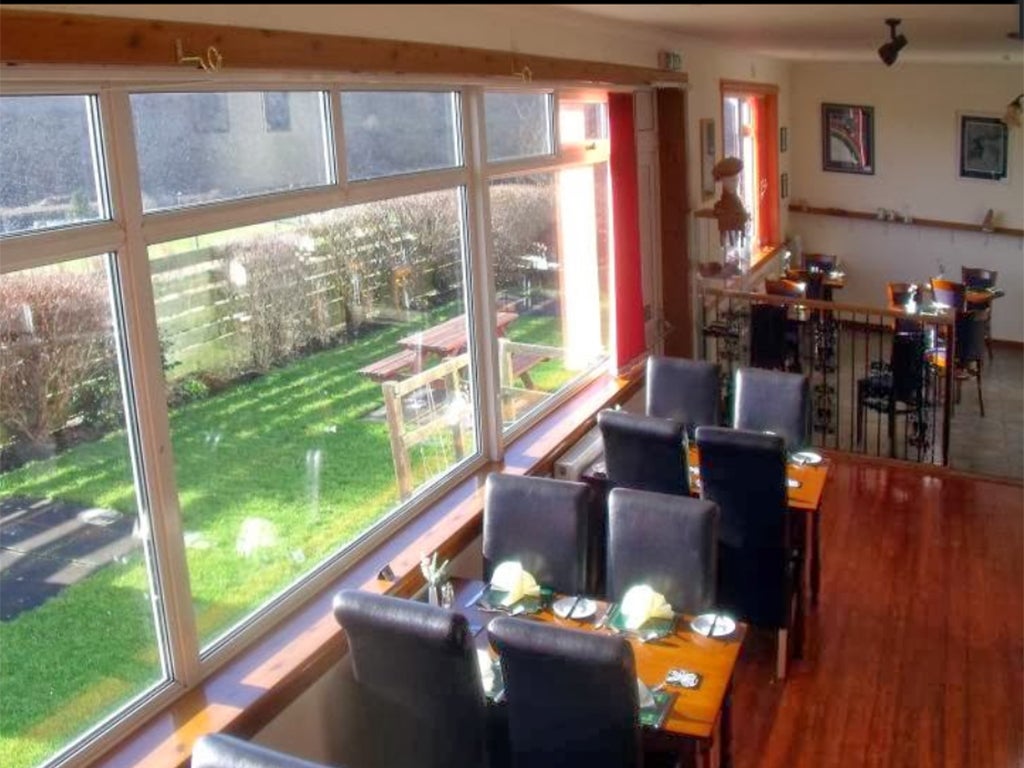
If you have never drunk a pint of beer after toiling footsore and weary along 36 miles of hot and dusty road, then you can have no inkling of how good that beer tasted. It quenched my thirst; it nourished my body; it restored my spirits; it uplifted my soul. It was more than a drink. It was consolation. It was courage. It was hope.
Consolation, courage, and hope were further restored by chips, steak-and-ale pie, and an additional half-pint of Trade Winds. Within the hour, I was able to look back with amused complacency upon the trials and tribulations of the previous two days. I began to feel that every single body-bruising mile had been worthwhile, that, without the toil, the sweat, and the pain, I might never have appreciated the true worth of a good pint of ale.
Like many people who live in the developed world, I rarely get to appreciate food and drink properly, because I rarely sit down to a meal feeling weary and hungry, and having worked physically hard for it.
But that day, having pushed myself harder and for longer than ever before, I was primed for enjoyment. In addition to the usual pleasures of the table – the taste, texture, and aroma of the food and the gentle satisfaction of a full stomach – there was the added thrill of refuelling the muscles and the mind. The feeling is hard to explain, but it’s as though every tired and depleted cell in your body is sucking up energy and sustenance as you eat and drink. And it’s sublime.
In the absence of this pleasure, we in the developed world tend to seek our culinary kicks in mere excess. Step into any Starbucks or Costa Coffee and you’ll see what I mean: overweight, under-exercised punters ramming down “coffees” laced with flavoured syrups and whipped cream, accompanied by a side-helping of cheesecake and a dollop of self-loathing.
As I sat there musing upon all of this, I began to appreciate what the Ancient Greek philosopher Epicurus meant when he wrote to a friend: “Living on bread and water, I rejoice in the pleasure of my body and spit upon the pleasures of extravagance.”
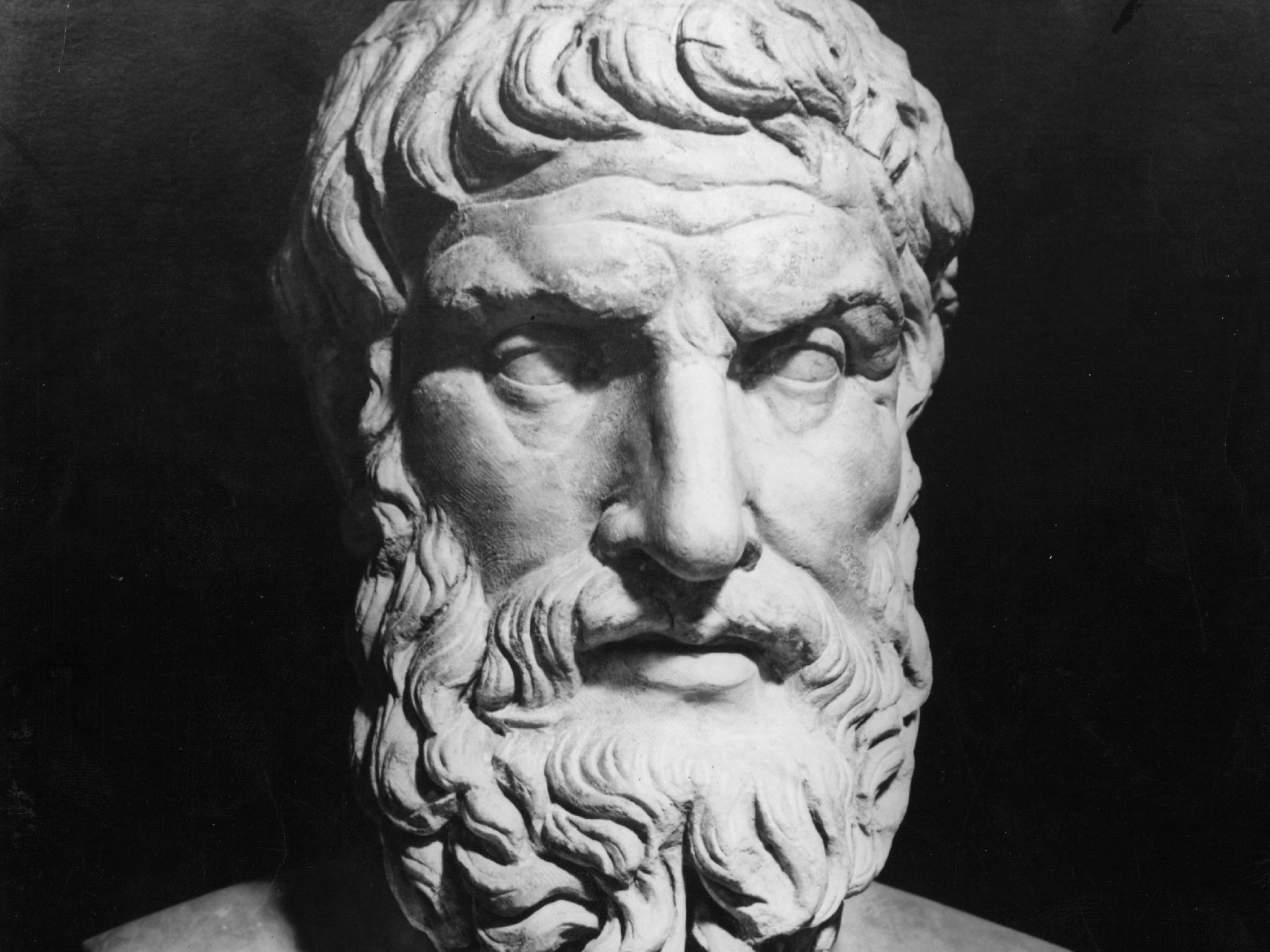
I had thought about those words often before, and had even written about them, but only at that moment did I feel that I truly understood them. Epicurus had shunned urban life and had set up a self-sufficient community outside the walls of Athens. This meant that when he sat down to his bread and water at the end of each working day he was primed for enjoyment. He was weary and hungry, and had worked physically hard for them. This is why his simple fare “thrilled him with pleasure in the body”, and why he was able to write to the same friend: “Send me a little vessel of cheese, so that I can feast whenever I please.”
I had always assumed that Epicurus’s ability to enjoy a modest diet came about as a result of mental discipline, that he had somehow willed himself to appreciate it. But, no. It was a natural consequence of his back-to-the-land, hard-working way of life. That night, cramped up in our tiny backpacker tent, we examined Wendy’s feet by torchlight. Her blisters had ballooned so much that the two smallest toes on each foot looked like fluid-filled sausage-skins with toenails glued none-too-securely onto the ends. It was clear that it would be an act of folly to squeeze them into hiking boots and beat them against an unforgiving road any time soon. There was nothing for it but to hole up in Dunbeath and let Nature practise her healing arts.
The next morning, as I sat in Dunbeath’s cosy little tea-room, eating jam-and-cream scones, I couldn’t help but notice a certain restiveness about Wendy. My first thought was that this was because our unscheduled stop was taking us off timetable and over budget. So I felt a twinge of irritation. Why couldn’t she just relax and enjoy the moment? But then I fancied I caught a look in her eye, which aroused my sympathy.
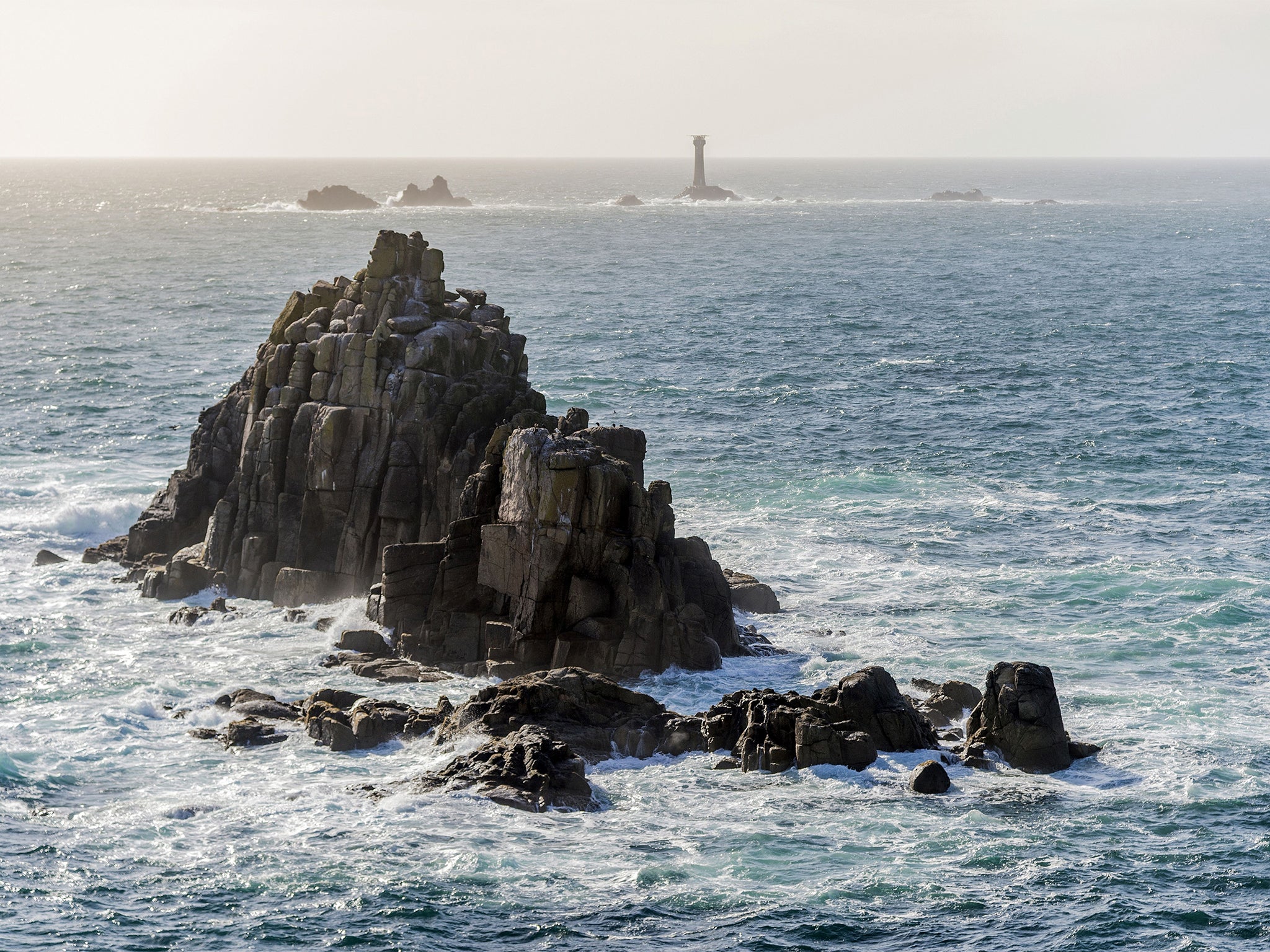
I have a distinct memory, from when I was about eight or nine years old, of standing at the window, at home, looking out into the street, and longing – literally longing – for someone to play chess with. I had recently learned how to play, and had borrowed a bunch of chess books from the library, but I had no one to play with. And it was torment.
Perhaps it was my imagination, but it seemed to me that Wendy, as she gazed out of the tea-room window, was feeling the same way. Not that she wanted to play chess, of course. But she was longing to be out there. The 19th-century American psychologist and philosopher William James wrote: “I have often thought that the best way to define a man’s character would be to seek out the particular mental or moral attitude in which, when it came upon him, he felt himself most deeply and intensely active and alive. At such moments there is a voice inside which speaks and says: ‘This is the real me’!”
Extracted from ‘Walking with Plato: A Philosophical Hike through the British Isles, by Gary Hayden (Oneworld, £12.99), published 2 June
Join our commenting forum
Join thought-provoking conversations, follow other Independent readers and see their replies
Comments